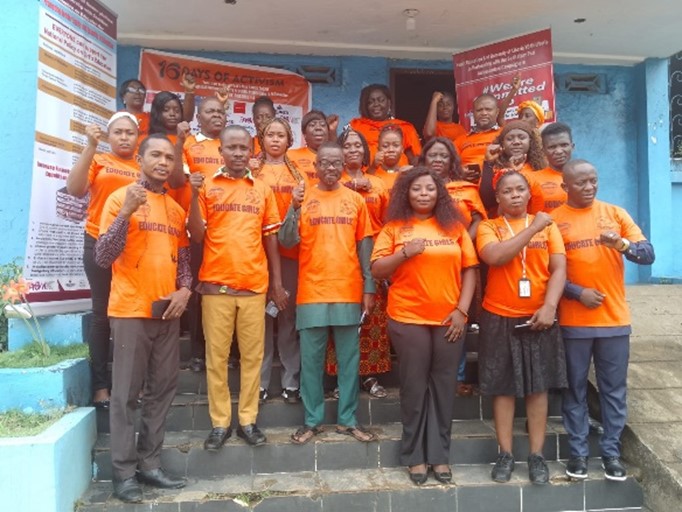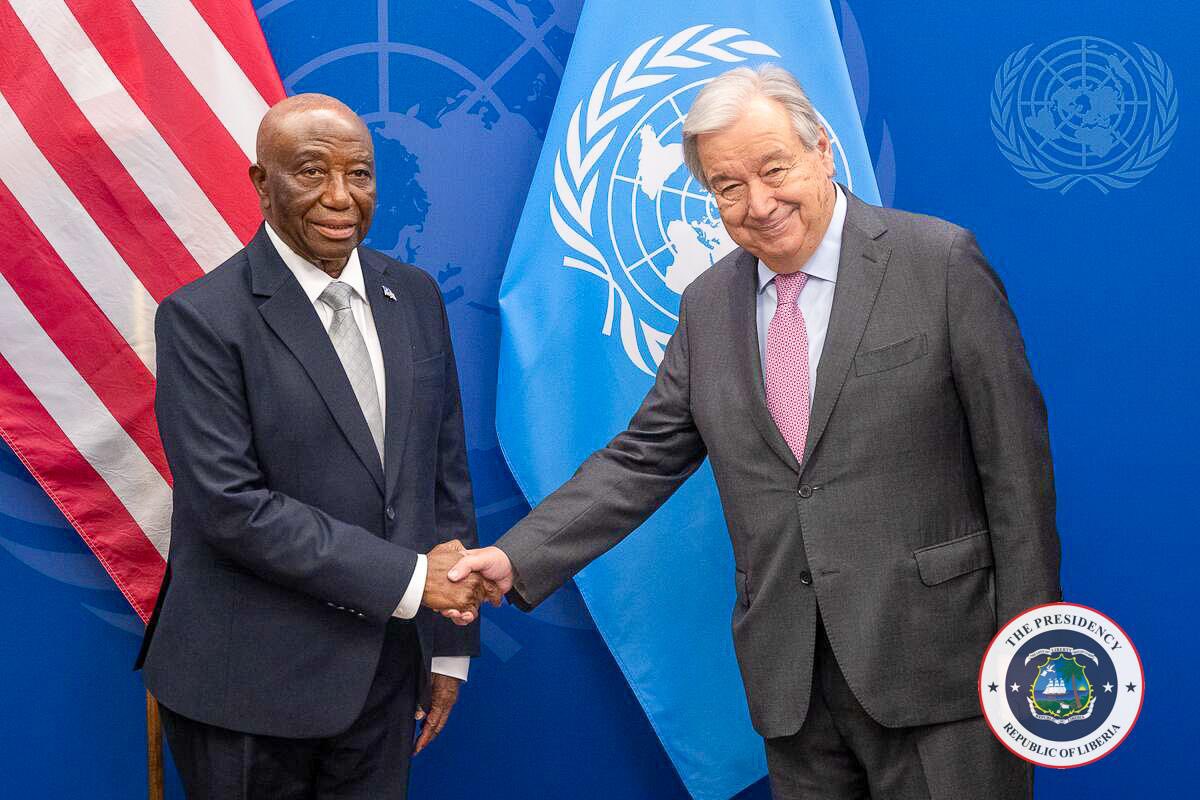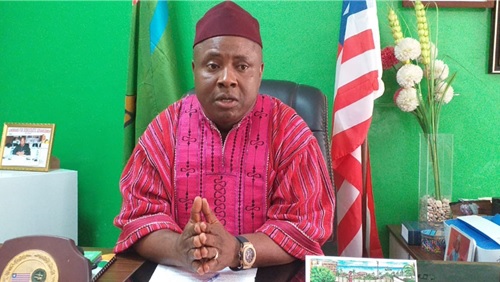The Youth Education and Humanity of Liberia/YEAH-Liberia, in collaboration with the Montserrado Local Women and Partners on Educate Her, has held a stakeholders’ dialogue on girls’ education in Liberia.
The dialogue, in observance of the 16 Days of Activism, was held on the theme, “From Talk to Action: Let’s Join Hands to End Violence against Women and Girls in Public Institutions to Achieve the Beijing +30 and SDGS#4”, held at the YWCA in Congo Town.
Speaking at the dialogue, the Country Program Director of the Solidarity Center for West Africa based in Liberia, Deddeh Tulay, stated that education is a lifeline for girls, and it is a tool for empowerment as well as a foundation for their independence.
“We must also acknowledge a less-discussed but equally critical issue: access to sanitary pads,” Tulay added.
According to her, the inability to afford or access sanitary products is a form of inequity and exclusion, and it forces girls to miss school or even drop out entirely.
She pointed out that the role of stakeholders in addressing these challenges will require bold and united action by a coalition of changemakers, school administrators, educators, policymakers, development partners and civil society advocates, adding that no single entity can tackle these challenges alone.
Tulay underscored that school administrators should be the gatekeepers of safe learning spaces, noting that their leadership is crucial in creating zero tolerance policies for Sexual Gender Based Violence (SGBV), establishing confidential reporting mechanism and building an environment where every child, especially girls, feel respected and valued.
“We must advocate for policies that institutionalize the provision of sanitary pads in all public institutions,” she maintained.
She asserted that this is not just about access; it is about dignity, equity, and the right to education.
According to her, the #PadAGirl initiative must not remain a campaign slogan, but should be implemented as a nationwide policy that ensures no girl is left behind because of a natural biological process.
“Education begins at home and in our communities. Let’s teach our sons to respect girls and to see girls as equals,” Tulay said.
She explained that USAID carried out a survey in 2022 and interviewed over 1,000 students, and 27 percent of students reported that they had heard about someone in their school who had experienced sexual violence, 36 percent of students reported that they had seen a student being violated, while 26 percent of students reported that they had at least once experienced physical or sexual violence.
She indicated that also Liberia’s 2020 Demographic and Health Survey found that 60 percent of Liberian women, aged from 15 to 49, had experienced physical or sexual violence.
She explained that in 2023 the Ministry of Gender reported a total of 3,204 SGBV cases, and 83 percent of the survivors were from age 0 to 20 years. The World Health Organization (WHO) statistics has shown that one to three women living in Liberia has experienced physical violence, and from one to ten women has experienced sexual violence, noting that this reality is alarming and unacceptable, which is a violation of human rights.
Meanwhile, the President of the National Teachers Association of Liberia (NTAL), Mary Nyumah, said it is crucial to encouraged Liberian girls to remain in school.
Nyumah stated that empowering Liberian girls educationally will go a long way in transforming the development of women in Liberia.







